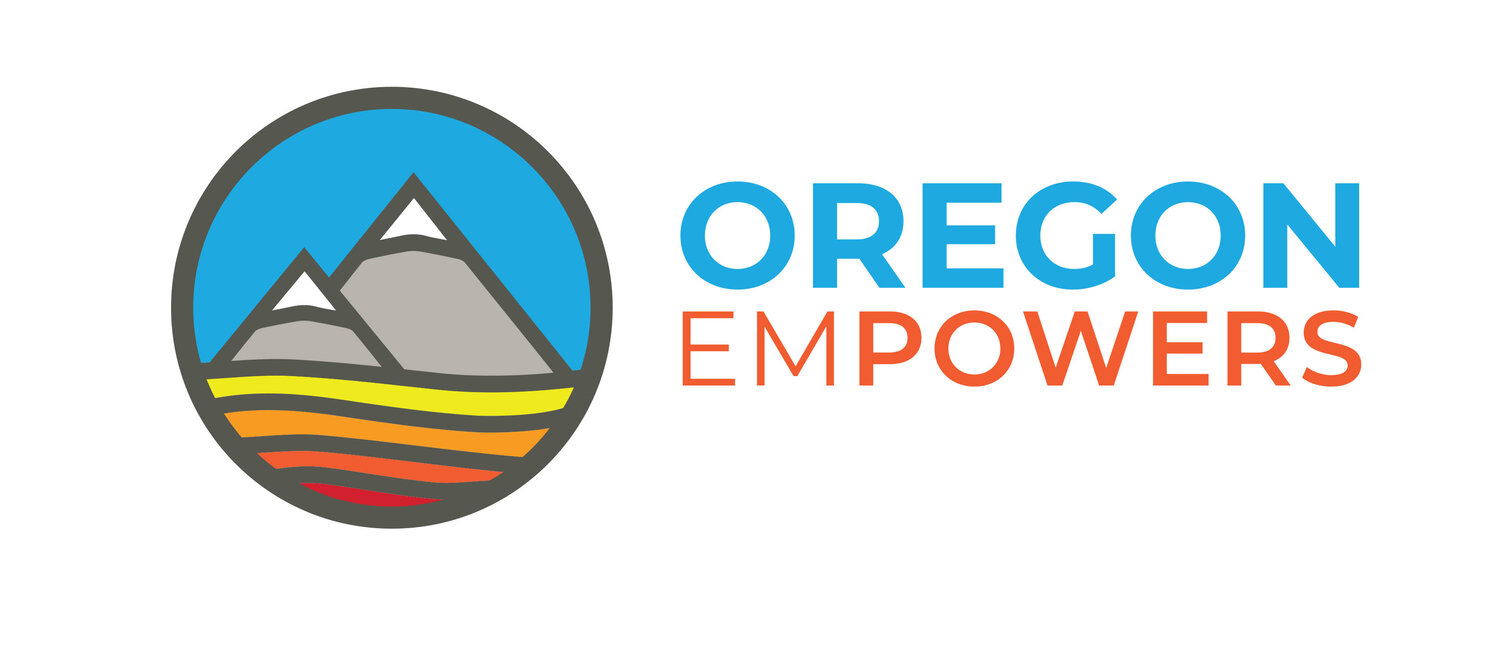FAQ
What is “Oregon Empowers Guatemala?”
Working with the National Rural Cooperative Association (NRECA) International, The Oregon Rural Cooperative Association (ORECA) and Oregon electric co-ops are undertaking ambitious plans to electrify two rural villages in Guatemala.
In 2023, 12 volunteer linemen and an engineer from electric cooperatives across Oregon spent nearly three weeks in March bringing power to the small village of Ventura in the mountains of the Central American nation.
In 2025, a crew of 18 linemen will embark on a journey to bring electricity to another small Guatemalan village, Aldea Coco.
Can you tell me more about the project itself?
For two-to-three weeks, the Oregon Empowers Guatemala team, consisting of 18 volunteers, will travel nearly 3,500 miles to electrify homes and businesses in a village of Aldea Coco in the state of Zacapa.
The Oregon Empowers Guatemala team will electrify about 30 homes, a church and a school. The primary network will include running approximately 3.7 miles of primary wire, 1,000 feet of secondary wire, 35 to 40 primary poles and 10 secondary poles across difficult terrain.
What’s the purpose of this project?
The purpose of the project is to promote quality of life and economic development in Guatemala. By bringing electricity to the village, the team is setting the groundwork for future economic prosperity, including access to technology, health care, enhanced safety and the opportunity for new jobs and commerce opportunities.
How is this project being paid for?
The Oregon Empowers Guatemala project is primarily funded through donations from some of Oregon’s electric cooperatives, national cooperative partners, member-owners and employees.
Oregon’s electric cooperatives have established a 501(c)(3) not-for-profit, Oregon Empowers Foundation, to support this cause. All contributions are tax-deductible. Please visit oregonempowers.com for more information and to contribute.
What is life like in the village now?
The residents in the village live without running water, food refrigeration, or the ability to use electronic appliances for household chores or to aid their economic growth.
The community is self-sustaining. They live on what they’re able to grow: corn, beans, bananas, watermelons, squash, fruits, chickens, turkeys, and game hens. They cook on wood stoves in poorly ventilated kitchens. They grow and harvest coffee to sell for income.
Why are Oregon cooperatives participating?
Electric cooperatives have a long-standing tradition of bringing lights where there are none. Over eighty years ago, cooperatives brought power to rural America in the midst of the Great Depression and given its origins, electric co-ops are well positioned to help others that do not have access to electric power.
The Oregon Empowers Guatemala project supports several Cooperative Principles, including Cooperation Among Cooperatives, working together to help other people who need it, and Concern For Community, improving the quality of life of local communities at home and abroad.
For more than 50 years, NRECA International has shared the lessons learned in the electrification of America with developing countries across the globe and strengthening ties between those countries and the U.S. More than 160 million people in 45 countries have benefitted from these programs.
How will the Guatemala community sustain itself once the project is over?
The goal of the Oregon Empowers Guatemala project is to not only bring electricity to the village and improved quality of life, but provide training and development aid to villagers, so they are able to maintain the distribution system once the Oregon Empowers Guatemala team has left. The plan is to help institute the cooperative business model structure and cooperatives values, to ensure a bright and safe future.




